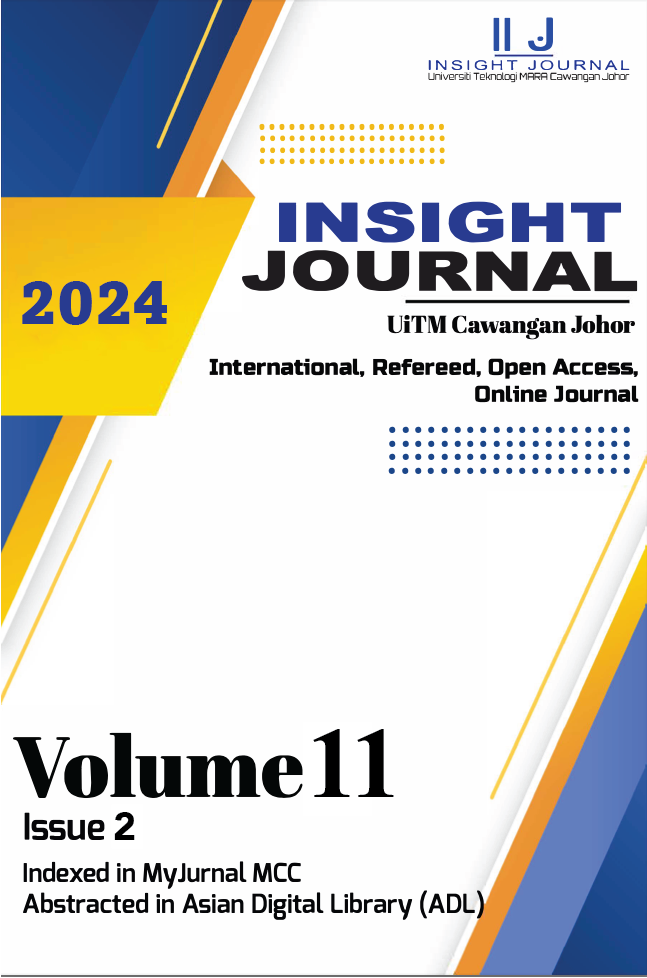MACROECONOMIC DETERMINANTS OF NON-PERFORMING LOANS IN MALAYSIA
DOI:
https://doi.org/10.24191/ij.v11i2.2404Keywords:
Non-performing loans, residential property, macroeconomic determinantsAbstract
Purpose- This study examines the interplay between macroeconomic factors and Non-Performing Loans (NPLs) within the residential property sector, particularly focusing on commercial and Islamic banks in Malaysia from 2007 to 2021. NPLs, defined as loans overdue for more than 90 days, serve as an indicator of financial health and stability within the banking sector, which, in turn, impacts economic sustainability and environmental investment capacities. Utilizing the autoregressive distributed lag cointegration approach, this research identifies a significant cointegrating relationship between NPLs for residential property and various macroeconomic determinants. The findings underscore that robust economic growth, coupled with reduced lending and unemployment rates, plays a pivotal role in mitigating the risks associated with NPLs, thereby fostering a more resilient and sustainable economic framework. The study contribute an insights that highlight the critical need for stable macroeconomic environments not only to curb NPLs in Malaysia’s banking systems but also to enhance the overall sustainability of the financial sector. For long-term financial stability, banks are better positioned to finance sustainable development projects, thereby contributing to a more sustainable and resilient economic future.
References
Downloads
Published
Issue
Section
License
Copyright (c) 2024 UiTM Press

This work is licensed under a Creative Commons Attribution 4.0 International License.







